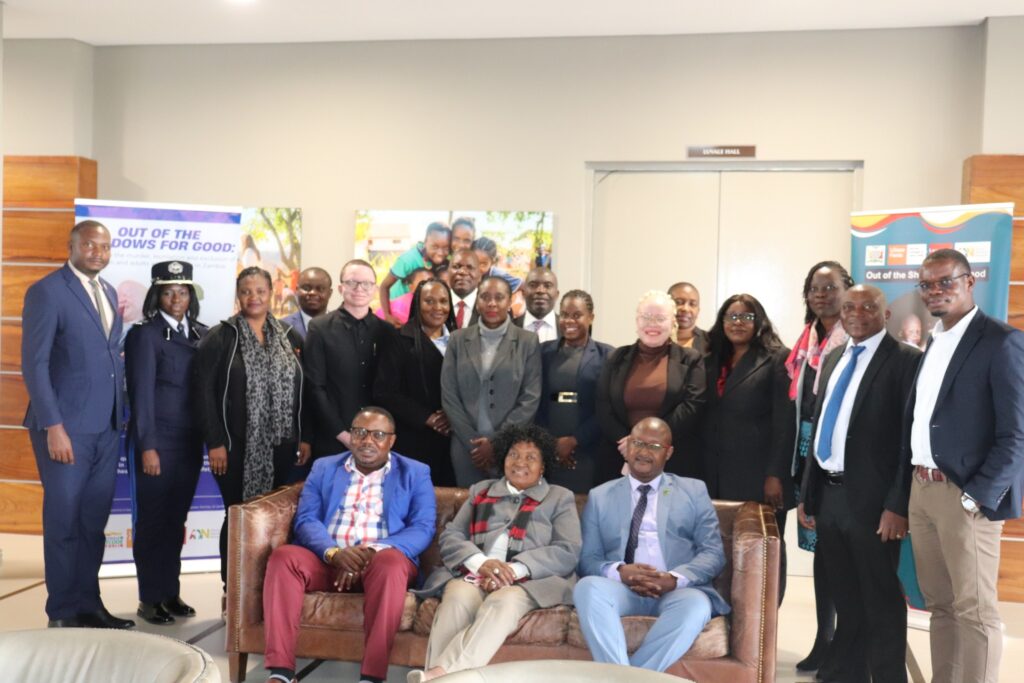Persons with albinism in Zambia continue to face deeply rooted systemic challenges stemming from widespread misinformation and stigma.
Far too often, they are subjected to violence and discrimination simply because their condition remains profoundly misunderstood.
This misunderstanding fosters a dangerous environment for those with albinism. A significant contributor to this situation is the persistence of myths and ignorance surrounding albinism.
One of the most alarming beliefs is that the body parts of persons with albinism possess magical properties and can be used in charms and rituals.
Such harmful superstitions have contributed to horrific acts of violence, including murder and mutilation.
The problem is further compounded by gaps in legal frameworks and weak support systems, which leave persons with albinism vulnerable and without adequate protection.
In response to these challenges, Cheshire Homes Society of Zambia, in partnership with the Africa Albinism Network, Liliane Fonds, and other collaborators, last year launched the “Out of the Shadows for Good: An End to Murder, Mutilation, and Exclusion of Children and Adults with Albinism in Zambia” project.
This three-year initiative, which began in June 2024 and will run until 2027, is being implemented in the Northern, Luapula, Muchinga, and Eastern provinces.
It seeks to address critical issues such as murder, mutilation, stigma, and discrimination by tackling the root causes of exclusion.
As part of the project, the organizations have convened a two-day workshop aimed at sharing experiences, identifying challenges and opportunities, reviewing the current situation, and formulating actionable recommendations with regards access to justice for for persons with albinism.
Speaking at the opening of the workshop, Zambia Agency for Persons with Disabilities (ZAPD) Director General, Mr. Frankson Musukwa, emphasized the need for a comprehensive legal framework that promotes awareness and education.
He stressed that dismantling harmful beliefs and practices associated with albinism is essential to ending discrimination and violence.
Mr. Musukwa further called for the development of support services to empower persons with albinism and improve their quality of life.
He also highlighted the importance of enhancing access to justice and implementing robust enforcement mechanisms to ensure accountability for human rights violations.
He concluded by noting that the fight for justice and equality is not the responsibility of a select few, but a collective effort that requires broad societal engagement.
Meanwhile, Mr. Kamina Ng’uni of Cheshire Homes Society of Zambia reiterated the organization’s commitment to improving the justice system for persons with albinism.
He explained that through collaborative projects, they are building capacity, raising awareness, and fostering a society where persons with albinism can live free from violence, stigma, and discrimination, a society that values diversity, promotes inclusion, and upholds human rights.

